PI: Dr. Hanping Ding
Email: hding@ou.edu
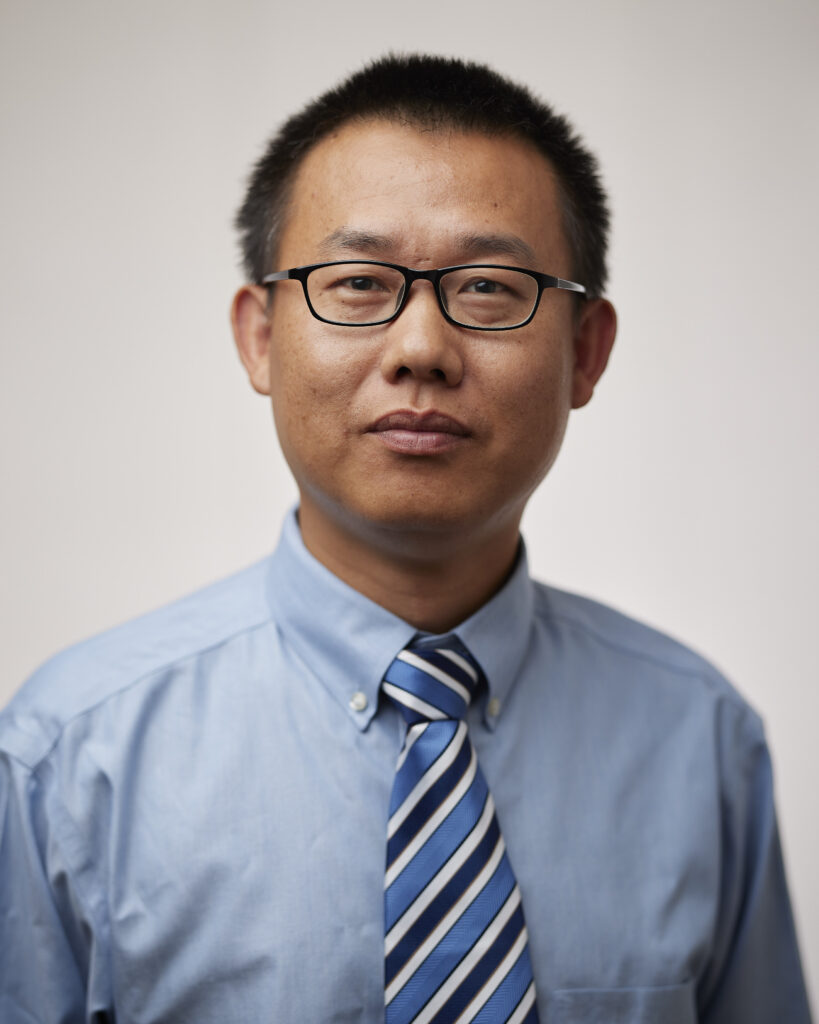
Education
Ph.D, Mechanical Engineering (2014)
University of South Carolina
M.S., Materials Science and Engineering (2009)
University of Science and Technology of China
B.S., Materials Science and Engineering
Jilin University, China
Dr. Ding is primarily focusing on research in energy conversion and storage, such as fuel cell, hydrogen production, battery, electrocatalysis, additive manufacturing, and electrochemical processing. He graduated with PhD degree in mechanical engineering from Solis Oxide Fuel Cell EFRC Center at University of South Carolina in 2014, and worked in proton conducting SOFCs with dissertation “Material Synthesis and Fabrication Method Development for Intermediate Temperature Solid Oxide Fuel Cells”. After graduation, he worked as CoosTek postdoctoral fellow in Colorado School of Mines until 2017 to focus on methane-fueled SOFC and proton conducting SOFC/SOEC for ARPA-E REBELS and NASA projects to deliver short-stacks demonstration.
Before joining OU, he was a research scientist in Idaho National Laboratory working on hydrogen production with solid oxide cells. As one of the technical leads in INL, he has supported the material and electrochemistry development with significant involvement into DoE’s HydroGEN consortium by leading the efforts in material characterization and electrochemical measurements for 8 seedling projects from universities (Univ. Connecticut, Univ. South Carolina, West Virginia Univ., Northwestern Univ.) and industry (UTRC, Redox, Nexceris, Saint-Gobain) under high-temperature electrolysis category. Dr. Ding helped these project PIs with technical supports to succeed moving forward to next phases. He also worked for H2-2.0 project for performing fundamental study in understanding electron leakage and proton conduction in P-SOEC electrolytes. Dr. Ding actively worked for H2NEW and SuperNode projects for studying degradation behaviors and mechanisms for conventional oxide-ion conducting SOECs. He led one Laboratory Direct Research Development (LDRD) project focusing on developing electrocatalyst to be integrated into electrochemical membrane reactor for direct conversion of natural gases to aromatics and hydrogen. He was aslo co-PI for another LDRD project to investigate electronic leakage mechanism of P-SOEC electrolytes.
Dr. Ding is actively working on hydrogen technologies. His current laboratory in OU has extensive capabilities in P-SOEC manufacturing, cell testing, and advanced characterizations. He is currently leading a DOE EERE project supported via Bipartisan Infrastructure Law grant to work on reducing hydrogen production cost by improving stability and manufacturing readiness of solid oxide electrolysis cell system. Dr. Ding is working with Idaho National Laboratories on two projects for developing high-entropy alloy catalyst for CO2 reduction to synthesize hydrocarbons and improving proton conductivity of new-type electrolyte materials.
Dr. Ding has published over 70 peer-reviewed papers in materials science, energy conversion, storage, and electrocatalysis since 2008, including the journals Nature, Nature Communications, Advanced Functional Materials, Small, Joule and J. Power Sources. He has filed 5 US patents on hydrogen production and catalysts.
Google Scholar: https://scholar.google.com/citations?user=6xDQe7oAAAAJ&hl=en
Postdoctoral Researchers
Dr. Jiufeng Ruan
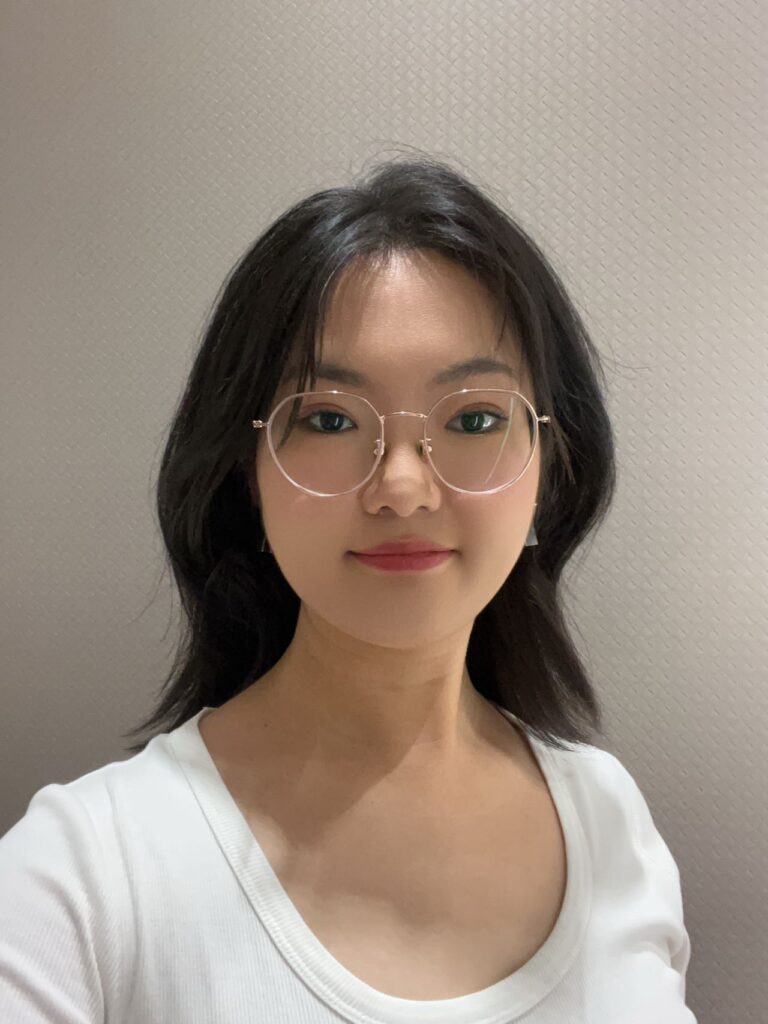
Ph.D. in Physics, University of Wollongong, 2024
M.Sc. in Materials Engineering, Kunming University of Science and Technology, 2019
B.Sc. in Inorganic Non-metallic Materials Engineering, Qilu University of Technology, 2016
Research Interests: Electrochemical energy storage and conversion; Solid oxide electrolysis cells; Sodium-sulfur batteries; Synchrotron radiation techniques; Photoelectric materials
Dr. Jiufeng Ruan is a postdoctoral researcher at the University of Oklahoma, specializing in material engineering with a focus on electrochemical energy storage and conversion systems. She received her Ph.D. in Physics from the University of Wollongong in 2024, where her research centered on advanced battery technologies and materials characterization. Dr. Ruan has extensive experience with synchrotron radiation techniques, including in-situ and ex-situ characterization of materials. Her expertise in sodium-sulfur batteries and catalytic materials has contributed significantly to advancements in energy storage technologies. She has published numerous high-impact papers, including six first-author articles in journals such as Advanced Materials, Small, ACS Applied Materials & Interfaces (AMI), and the Chemical Engineering Journal (CEJ), as well as a series of collaborative publications. Dr. Ruan is dedicated to pushing the boundaries of material science for energy applications.
Dr. Idris Bello

- PhD., The Hong Kong Polytechnic University, 2023
- M.Sc., King Fahd University of Petroleum and Minerals, 2020
- B.Eng., Federal University of Techology, Azure, 2015
Dr. Idris Temitope Bello is an experienced researcher specializing in advanced functional materials and clean energy technologies, with a particular focus on solid-state electrochemistry and materials informatics. He earned his Ph.D. in Advanced Energy Conversion and Storage Technologies from The Hong Kong Polytechnic University. Following his Ph.D., Dr. Bello worked as a Research Associate at The Hong Kong Polytechnic University, where he investigated the viability of polycrystalline high entropy ceramic oxides for CECs. He then served as an R&D Postdoctoral Researcher (Research Talent Hub recipient) at the Centre for Advances in Reliability and Safety (CAiRS) in Hong Kong, specializing in the diagnostics and prognostics of electrochemical energy storage systems. Dr. Bello has co-authored over 30 high-impact, peer-reviewed articles in electrochemical energy conversion and storage, published in SCI-Q1 journals such as Chemical Engineering Journal, Small, Ecomat,Journal of Power Sources, Energy and AI, among others.
PhD students
Shuanglin Zheng
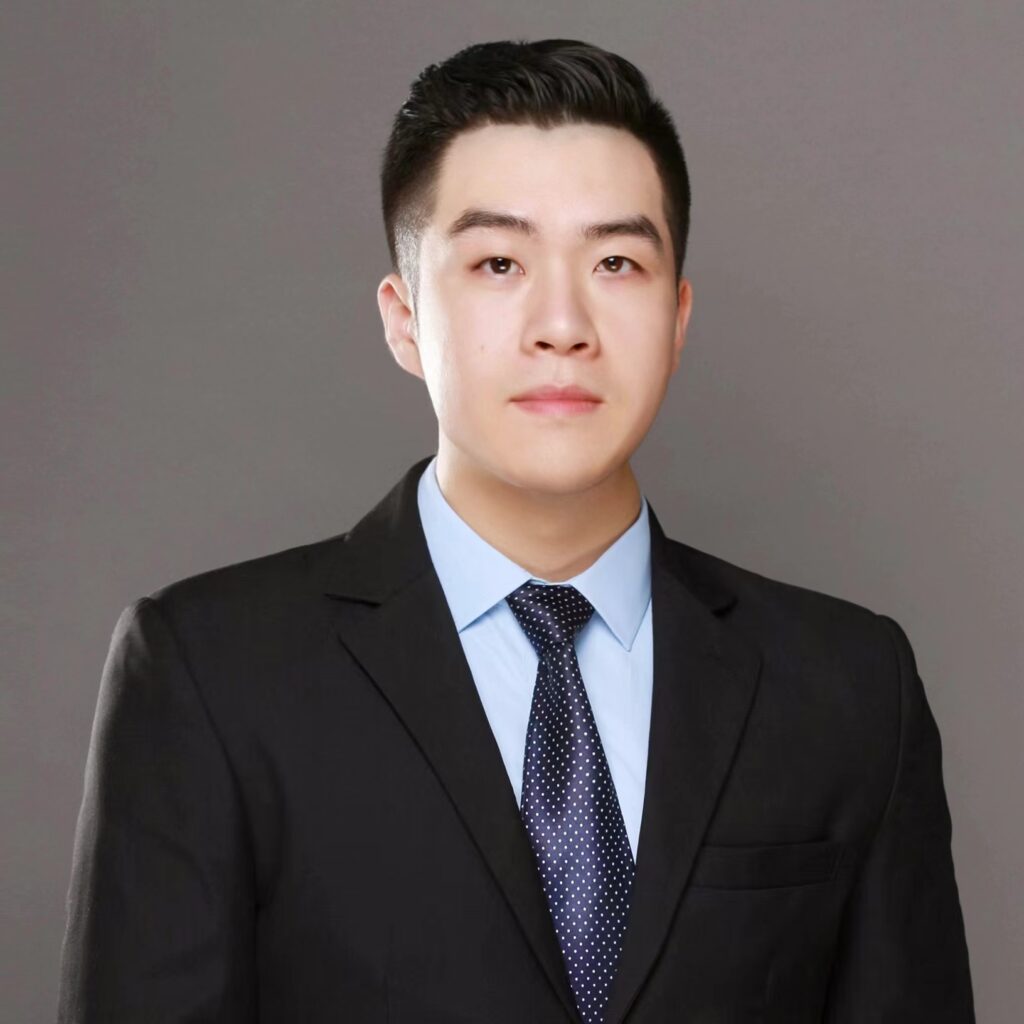
- PhD. University of Oklahoma, 2023/01~present
- M. S., Fuzhou University in Material Engineering
- B. S., Xi’an University of Architecture and Technology in Material Engineering
Saroj Karki

PhD, Mechanical Engineering, University of Oklahoma, 2024/01- present
MSc., Mechanical Engineering, Tribhuvan University
B.E., Mechanical Engineering, Tribhuvan University
Research interest: Hydrogen Technologies, Fuel cells, Batteries, Techno-economic assessment
Yuqi Geng
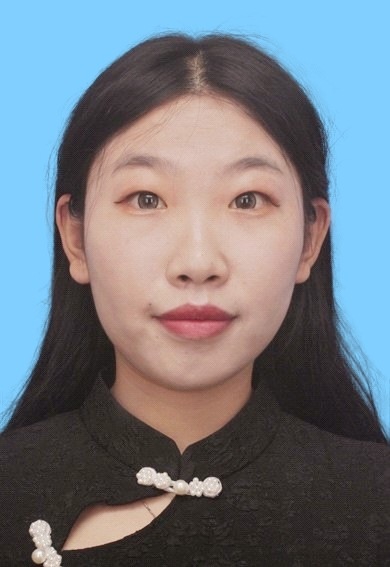
- PhD. University of Oklahoma, 2024/08~present
- M. S., Shantou University in optical engineering
- B. S., Hunan Institute of Technology in Communication Engineering
Anshu Kumari
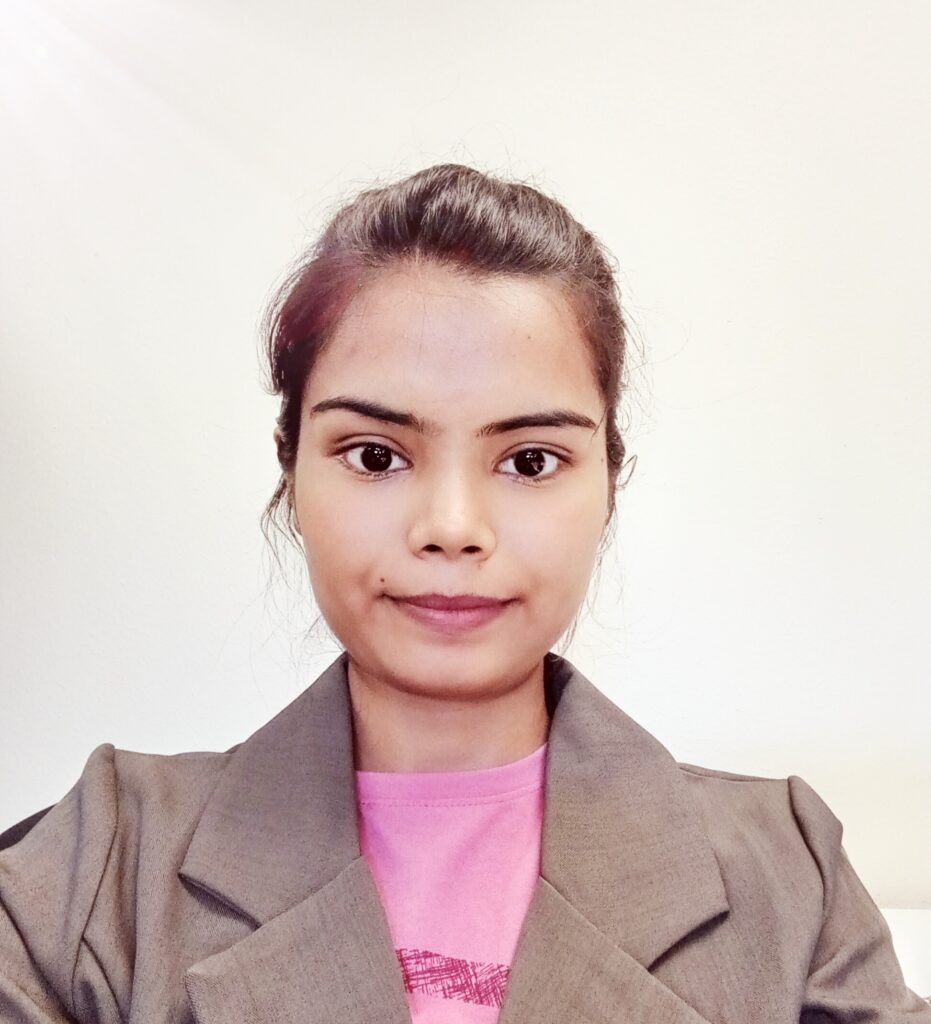
- Ph. D. in Mechanical Engineering, University of Oklahoma, 08/2024 to Present
- M.Sc. in Material Science and Engineering, Tribhuvan University
- B.Sc in Chemistry, Tribhuvan University
Research Interests: Electrode materials, Hydrogen Technologies, Green Energy
Undergraduate students
Allison Le

I’m currently a junior student in Mechanical Engineering at the University of Oklahoma. I’m passionate in problem solving and creativity. My desire of engineering field is machine learning. My goal in life is to fulfill my professional dream of being an engineering and improve myself every day.
Intern students
Fiona Chen
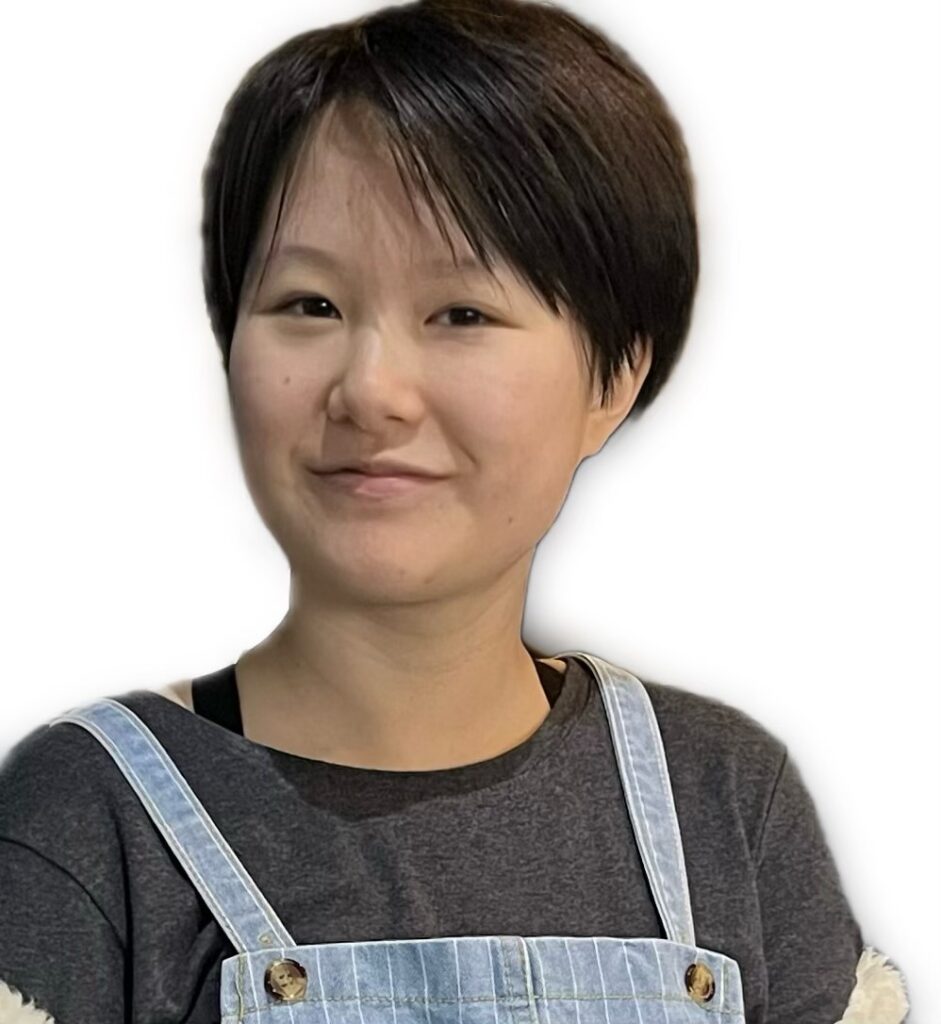
Fiona Chen is a rising senior at Norman North High School.
In her free time, she enjoys reading and writing and the outdoors. She is passionate about science and learning more about the STEM field.
Andy Wang

Andy Wang is a rising junior in high school. He is interested in computer science and tennis. He hopes to expand his knowledge in energy production and engineering.
